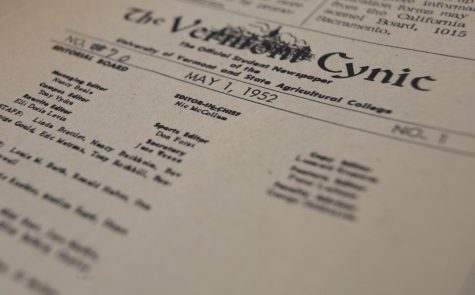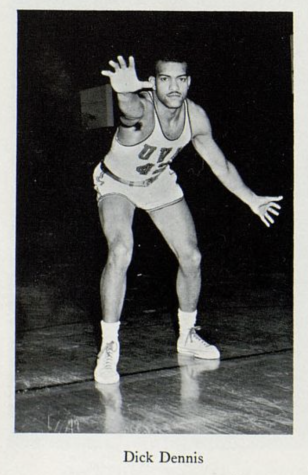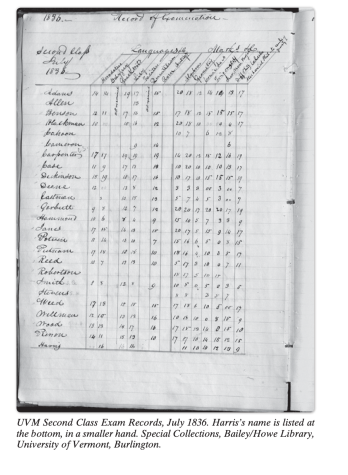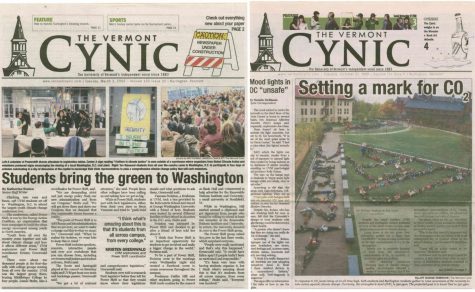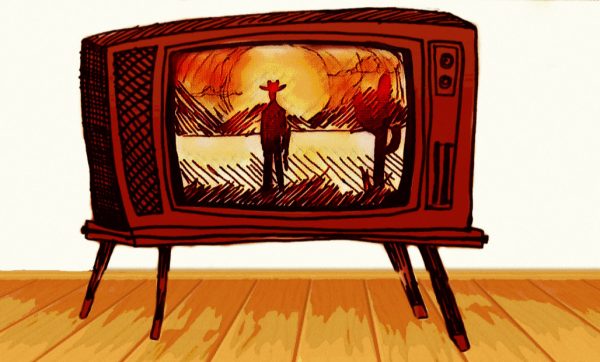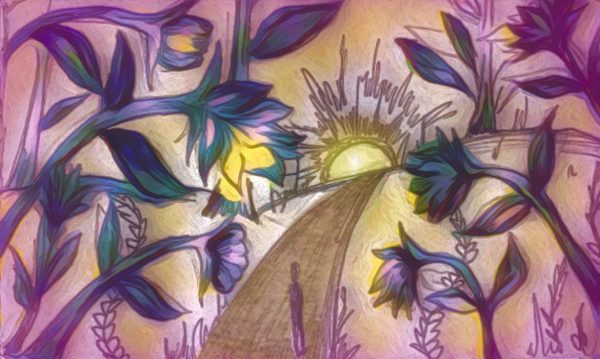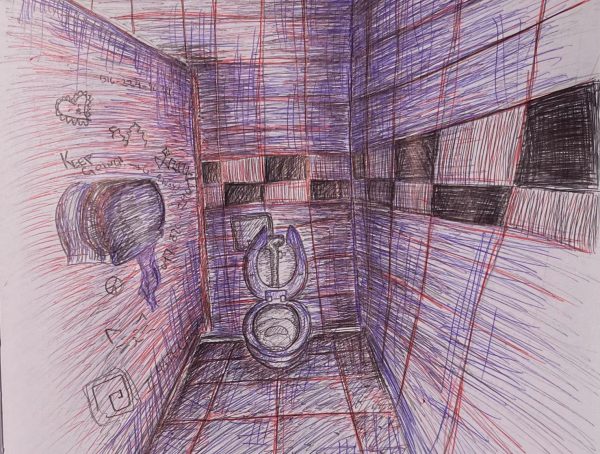Classic Album Revisited: The Legend of Marquee Moon
Recorded in 1977, Television’s Marquee Moon met a largely unresponsive audience, with a defiance to convention less blatant than the punk of the Sex Pistols, and daring to occupy the opposite end of the spectrum from the synth-soaked orgy of pomp and classical influence of Yes and Emerson, Lake and Palmer.
Due to its lack of impact in the way of sales, it’s doubtful that in 1977 anyone would’ve believed this album possessed the ability to predict the future. But a quarter of a century later, “punk” has progged and a so-called rock revival is being cranked through the MTV pasteurization machine, as the industry and audience now capitalize on the remains of the unparalleled innovation and musical exploration of Marquee Moon.
The genius of Television’s debut lies in the under-produced but air-tight sound and lyrics offering a view of eternal but worn youth in the city, staying as far from any clich?©s as they do from Moog synths or the charts.
Contemporary acts The Strokes and Razorlight have scavenged the ruins of the late twentieth century and found Television. These two are more heavily indebted to Marquee Moon than the aforementioned duo, and fully conscious of this fact, their sounds more fully realized in their homage, therefore better and less popular on the radio and at the mall. Every song The Strokes have written could be a Television original (admittedly during an artistic lull), and Razorlight, while named in allusion to the Sex Pistols, arguably owe their entire debut, Up All Night, to the title track on Television’s masterpiece.
If true artists of any media owe something to their followers, it is the invention of an idea, a thought, a style or a sound. If any real piece of art should be an honest and accurate translation of thought and mood into bars and chords that amazes its audience due to its mind-blowing, law-of-nature-breaking precision and achievement, deciphering that which cannot be said into a song in an indication of the emotions and occurrences we didn’t know we had or wanted, Marquee Moon is music as modern art.
Marquee Moon is the sound of midnight in the dirty deserted part of the city where no one else wants to be, and after hearing this album, you’d readily trade a spot on the guest list of a seaside mansion soiree for a night with nowhere to go but a city graveyard with Television. The barren urban wasteland has never sounded so good.


